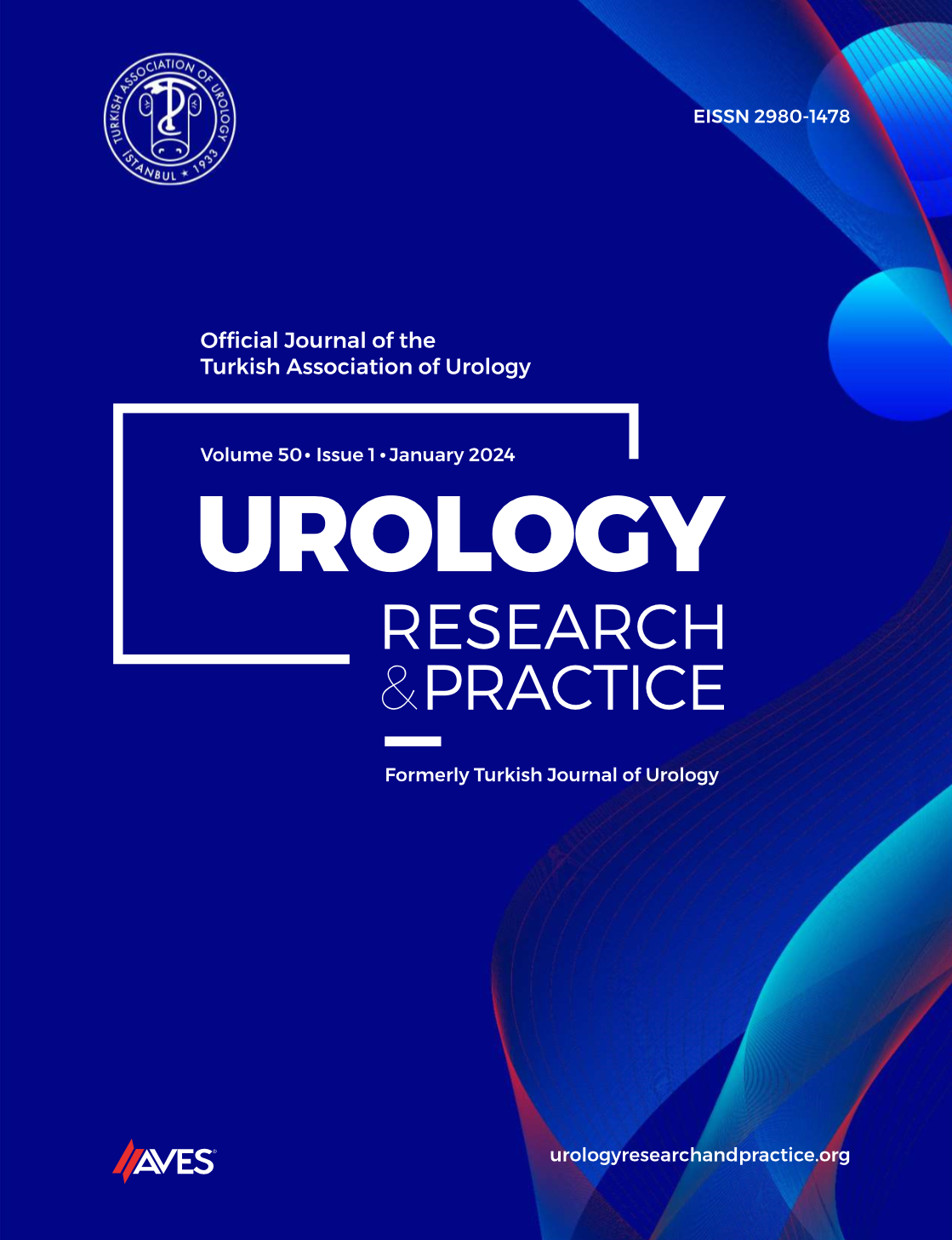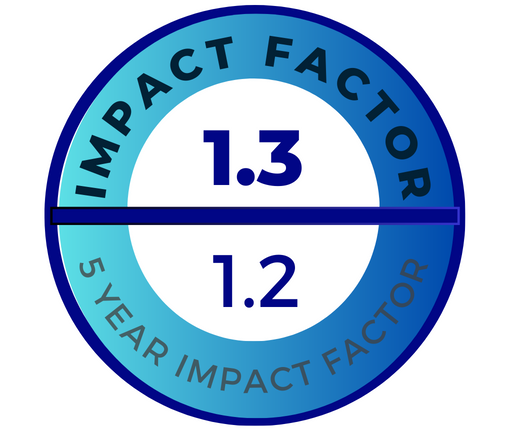Objective: Reactive oxygen species reduce the male sex hormone levels and disrupt the hormonal balance that regulates male reproductive functions. They disrupt spermatozoa and other testicular cells. This study aimed at evaluating the effect of antioxidant treatment on serum gonadal hormones and sperm parameters in men with idiopathic infertility.
Material and methods: A total of 100 idiopathic infertile men aged 23–46 years were included in the study. Control group and antioxidant treatment group consisted of 50 men each. Patients in the treatment group received oral antioxidant supplement once a day. The antioxidant supplement content included L-carnitine, L-arginine, vitamin E, vitamin C, coenzyme Q, glutathione, beta-carotene, magnesium, vitamin B12, zinc, vitamin A, vitamin B6, vitamin D3, folic acid, and selenium. Reproductive hormones and sperm parameters were compared between the groups at 6 months after starting the antioxidant therapy.
Results: No significant differences were observed in the patient age (p=0.861), partner age (p=0.081), total motile sperm count (TMSC) (p=0.324), and follicle-stimulating hormone (FSH) (p=0.557), luteinizing hormone (LH) (p=0.235), and total testosterone levels (p=0.851) at baseline between the treatment and control groups. Although the mean TMSC did not increase significantly, the mean FSH (p=0.008), LH (p=0.008), and total testosterone (p=0.006) levels significantly increased from baseline to post-treatment in the treatment group. However, no significant differences from baseline to post-treatment were observed in TMSC (p=0.486), FSH (p=0.712), LH (p=0.696), and total testosterone levels (p=0.546) in the control group.
Conclusion: The research draws attention to the alternate treatment approaches in infertile men. Antioxidant treatment can increase the serum sex hormone levels.
Cite this article as: Saylam B, Çayan S. Do antioxidants improve serum sex hormones and total motile sperm count in idiopathic infertile men? Turk J Urol 2020; 46(6): 442-8.

.png)


.png)